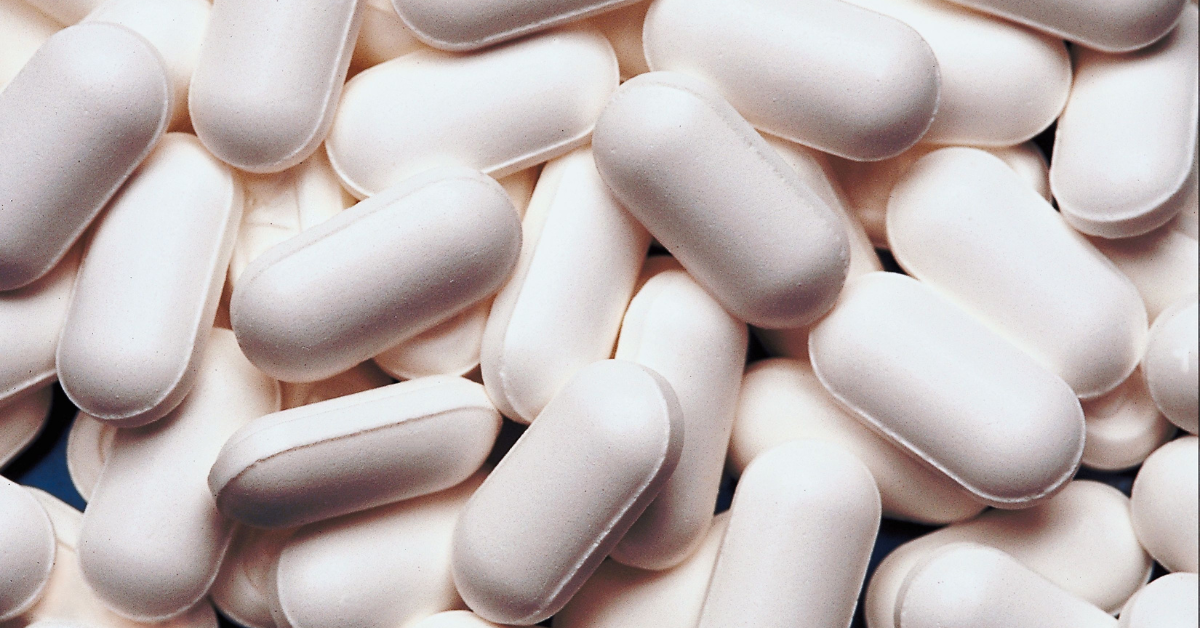Florida’s opioid crisis has hit Miami-Dade, Broward, and the Palm Beaches especially hard. Overdose deaths have surged in recent years, and Medication-Assisted Treatment offers a potential solution. Driven by the easy access to fentanyl and the highly addictive nature of prescription painkillers, state reports reveal that opioids are now involved in over 76% of drug-related deaths across Florida. Without a compassionate, medically supported response, the crisis will continue to escalate.
What Is Medication-Assisted Treatment (MAT)?
Medication-Assisted Treatment (MAT) transforms the way we approach opioid addiction recovery. By combining FDA-approved medications with counseling and behavioral therapies, MAT tackles both the physical cravings and the psychological patterns that fuel addiction. This evidence-based approach actively lowers the risk of relapse, overdose, and death. Therefore, making MAT one of the most effective strategies in the fight against opioid use disorder.
Common Medications Used in MAT Include:
- Methadone – Reduces cravings and withdrawal symptoms.
- Buprenorphine (Suboxone) – Blocks opioid receptors, limiting the euphoric effects of drugs.
- Naltrexone (Vivitrol) – Prevents relapse by eliminating the effects of opioids.
How do the medications used in MAT work?
The medications used in Medication-Assisted Treatment (MAT) work by targeting the same brain receptors affected by opioids or alcohol, but in a safer and more controlled way. For example, buprenorphine partially activates opioid receptors, which helps reduce cravings and withdrawal symptoms without producing a full “high.” Similarly, methadone is a long-acting opioid agonist that blocks the euphoric effects of other opioids while preventing withdrawal.
In contrast, naltrexone is an opioid antagonist that completely blocks opioid receptors, making it impossible to feel high even if someone relapses. As a result, these medications help stabilize brain chemistry and reduce physical dependence. Ultimately, they give individuals the clarity and stability they need to fully engage in counseling and behavioral therapies, supporting long-term recovery.
Is MAT just replacing one addiction with another?
No. MAT medications are carefully regulated, non-intoxicating at prescribed doses, and help people regain control of their lives. It’s a clinical treatment, not a substitution.
Does insurance cover MAT?
Most health insurance plans—including Blue Cross Blue Shield, United Healthcare, Ambetter, Aetna, Cigna and more—cover MAT services. Even your employer provided insurance plans through an EAP. However, coverage can vary, so it’s important to check with your provider.
Who Is A Candidate For MAT?
Anyone struggling with opioid or alcohol use disorder may be a candidate, especially those with a history of relapse. This person has likely tried quitting cold turkey or made it through detox. However, only to relapse when cravings or emotional weight became overwhelming. MAT offers a lifeline for people caught in that cycle. This gives a way to cope with the physical pull of addiction so they can focus on healing from the inside out. It’s for those who feel judged, misunderstood, or exhausted by the ups and downs of trying to stay clean.
Is MAT safe during pregnancy?
es. Medications like methadone and buprenorphine are considered safe and are often recommended during pregnancy to reduce the risk of withdrawal and complications for both mother and baby.
Can someone on MAT live a normal life?
Absolutely. Many people on MAT hold jobs, go to school, rebuild relationships, and lead fulfilling lives while in treatment.
Is counseling required with MAT?
Yes. Counseling and behavioral therapies are essential components of MAT. These modalities address the emotional and psychological aspects of addiction and help build coping strategies for long-term success.
How To Admit Into a Medication-Assisted Treatment Program
Admitting to a Medication-Assisted Treatment (MAT) program typically begins with a confidential assessment conducted by a medical or clinical professional. During this initial evaluation, the care team gathers information about the individual’s substance use history, physical and mental health, and treatment goals. Once eligibility is confirmed, the patient receives a personalized treatment plan. This plan outlines the appropriate FDA-approved medication alongside required counseling and support services. The induction phase follows, where medication is carefully administered and monitored to ensure safety and effectiveness. From there, the patient transitions into ongoing care. The continuum of care includes regular check-ins, therapy sessions, and progress evaluations to support long-term recovery.
MAT Programs at Milton Recovery Centers
At Milton Recovery Centers, Medication-Assisted Treatment (MAT) is an optional part of our approach to opioid and alcohol addiction recovery. Our Medical Director and Clinical team combine FDA-approved medications such as buprenorphine, methadone, and naltrexone with evidence-based counseling and behavioral therapies to treat both the physical and psychological aspects of addiction. Our clinical team conducts a thorough medical and mental health assessment to develop personalized treatment plans tailored to each individual’s needs. By easing withdrawal symptoms, reducing cravings, and supporting emotional stability, MAT at Milton Recovery Centers helps patients regain control of their lives and stay engaged in their recovery journey. We are committed to providing compassionate, judgment-free care in a supportive environment where long-term healing can begin.




